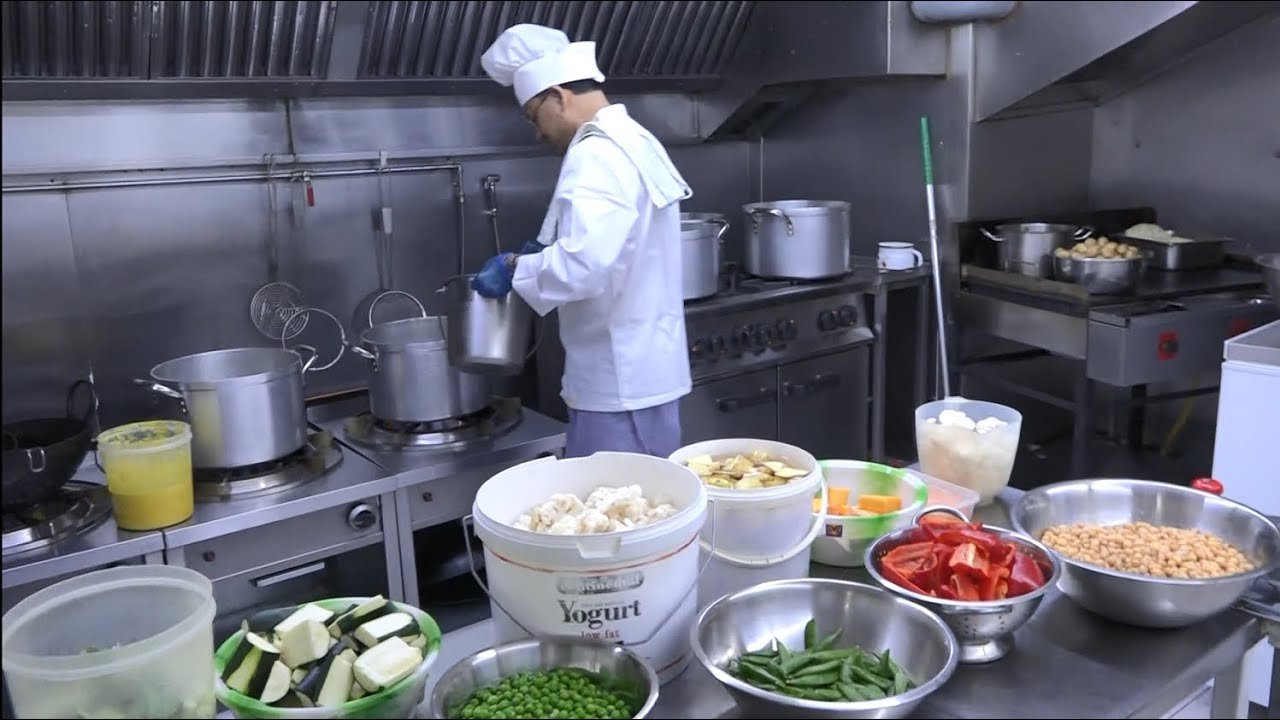
For Chefs
A chef is a highly skilled culinary professional who possesses a deep understanding of food, flavors, and techniques. Tasked with the art of creating delicious and visually appealing dishes, chefs play a central role in the culinary world. Their responsibilities extend beyond cooking to include menu planning, kitchen management, and ensuring the overall quality and consistency of the dining experience.